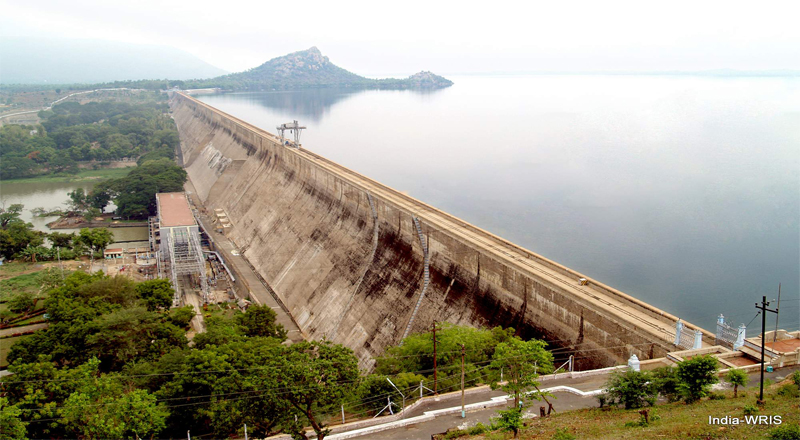

In February the Supreme Court of India passed a historic judgment regarding the Cauvery River where the apex court stated how no state can claim ownership over a river and egged the central government to nationalise rivers.
As per its ruling Karnataka will now supply 177.25 tmc (thousand million cubic feet) instead of 192 tmc to Tamil Nadu from its Billigundlu site to the Mettur Dam. Tamil Nadu’s “empirical” 20 tmc groundwater levels was a major reason for the cut in the states water supply. Bengaluru reaching a “global status” has also affected the ruling. With its boom in population the city’s ground water has almost dried up, hence the court has allocated 4.75 tmc to Bengaluru even though it doesn’t fall inside the Cauvery Basin. The court however has given Tamil Nadu rights to 10 tmc of the 20 tmc groundwater available at the river basin.
The verdict having drawn mixed reactions from a political standpoint doesn’t really bring to attention on the actual effects it is likely to have on a ground level.
Cauvery is the fourth largest river in South-India and flows from north-east to south-west. Spread over 14.5 million hectares, 11% of the area falls in Tamil Nadu. The delta receives an annual rainfall of approximately 945mm (48% north-east monsoon and 32% south-west monsoon). It is completely dependant on rains for recharging its resources.
Tamil Nadu in the past six years has seen erratic rainfall patterns. During the years 2011, 2012 and 2013 Tamil Nadu suffered severe drought like conditions due to negligent rainfall. The years 2016 and 2017 saw excessive rainfall, cyclonic conditions and floods along with bouts of severe drought like conditions. The unpredictability of the monsoons means there is no reliability on Cauvery as a stable source of fresh water anymore. This has caused the farmers to rely heavily on the available groundwater.
The excessive use of groundwater in Tamil Nadu has increased the crop cycles from two to three as the farmers don’t need to depend on the rivers water level. Wherein lies the problem. The heavy dependency on groundwater has depleted the groundwater levels of the state over the past few years from 4.68m in 2010 to approximately 5.63 in 2016. According to the State Ground and Surface Water Resources Data Centre the water table in Coimbatore dropped 16m in 2015.
The excessive use of groundwater has not only depleted the water levels but has also degraded the soil quality by increasing its salinity. Furthermore, the increase in mining and extensive use of fertilizers has led the quality of soil to decrease at a faster rate.
Published on: Mar 21, 2018
In a key step toward advancing clean energy adoption, Ahmedabad headquartered IRM Energy Ltd has…
Biofuels conglomerate Aemetis has announced that its subsidiary in India – Universal Biofuels – has…
The Greater Noida Industrial Development Authority (GNIDA) has commenced construction of a 300-tonne-per-day (TPD) bio-CNG…
The World Earth Day – with this year’s theme on ‘Our Power, Our Planet’ –…
In a significant step toward promoting decentralized waste management and clean energy, Tata Steel UISL…
Jaipur headquartered bioenergy player Rajputana Biodiesel Ltd has announced that its subsidiary, Nirvaanraj Energy Private…